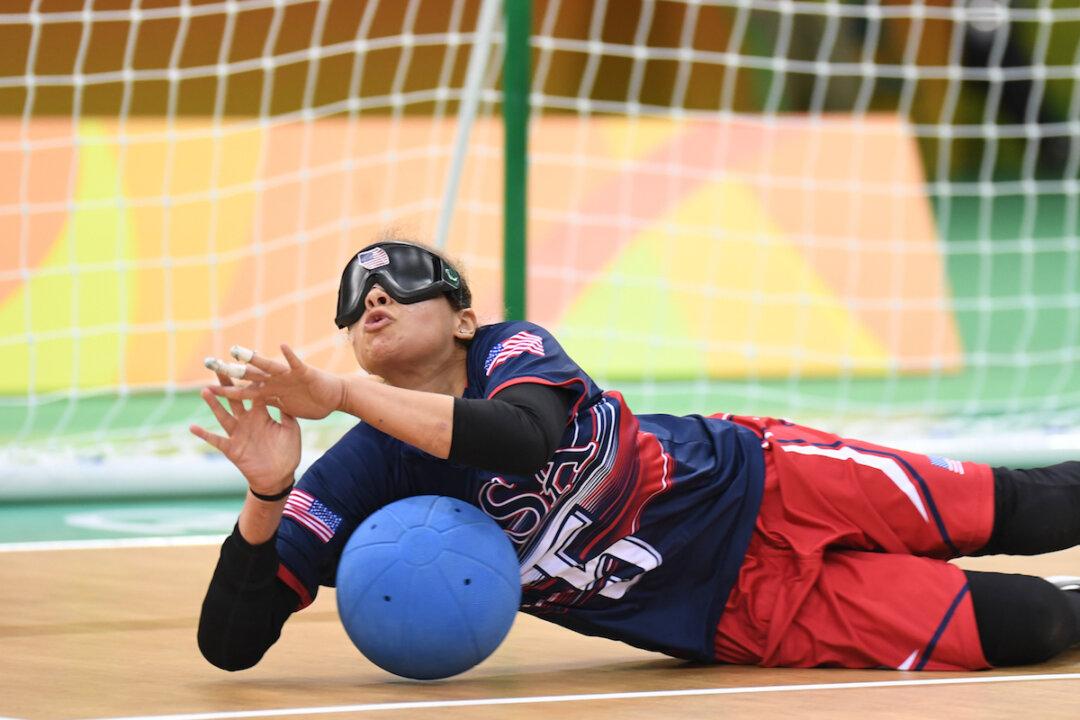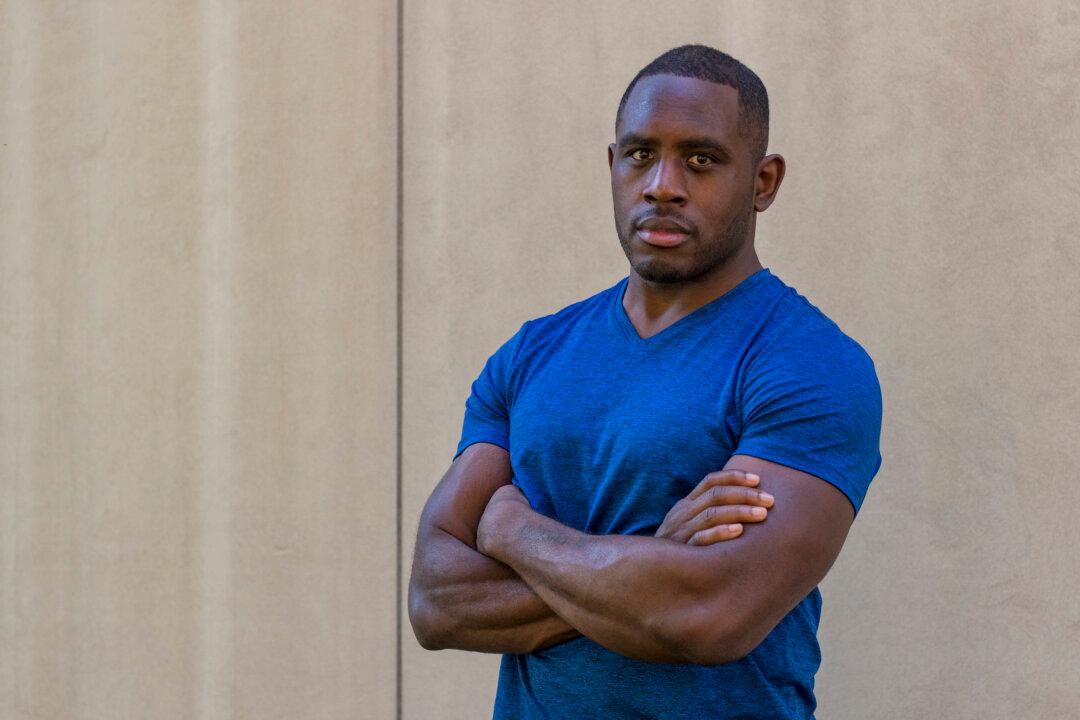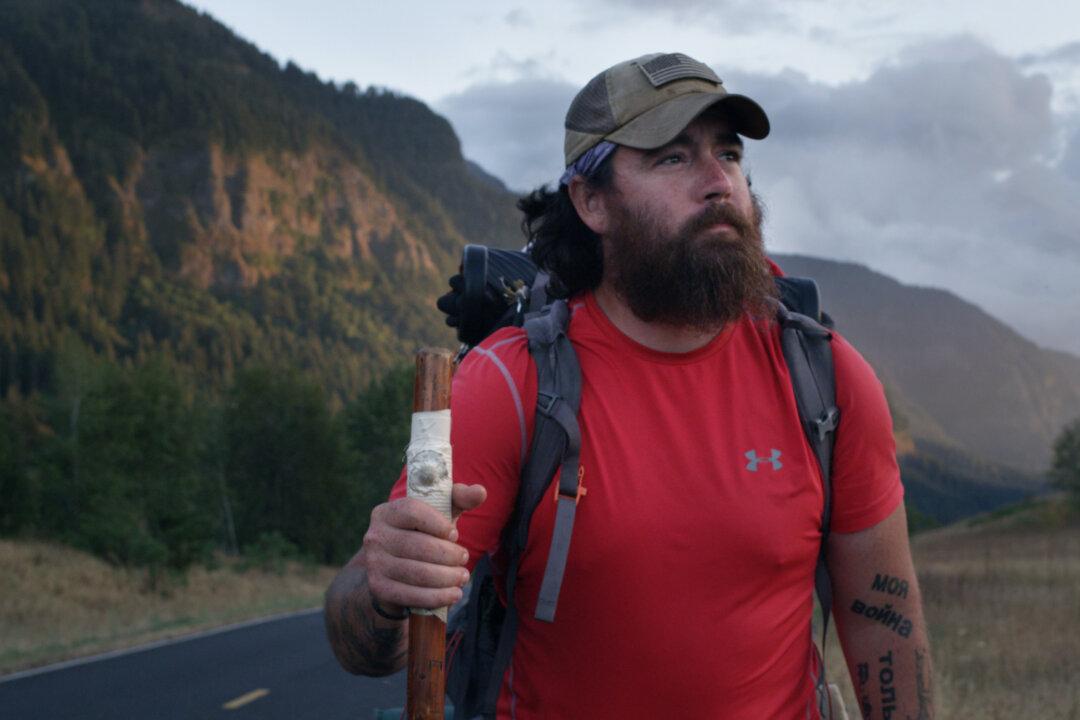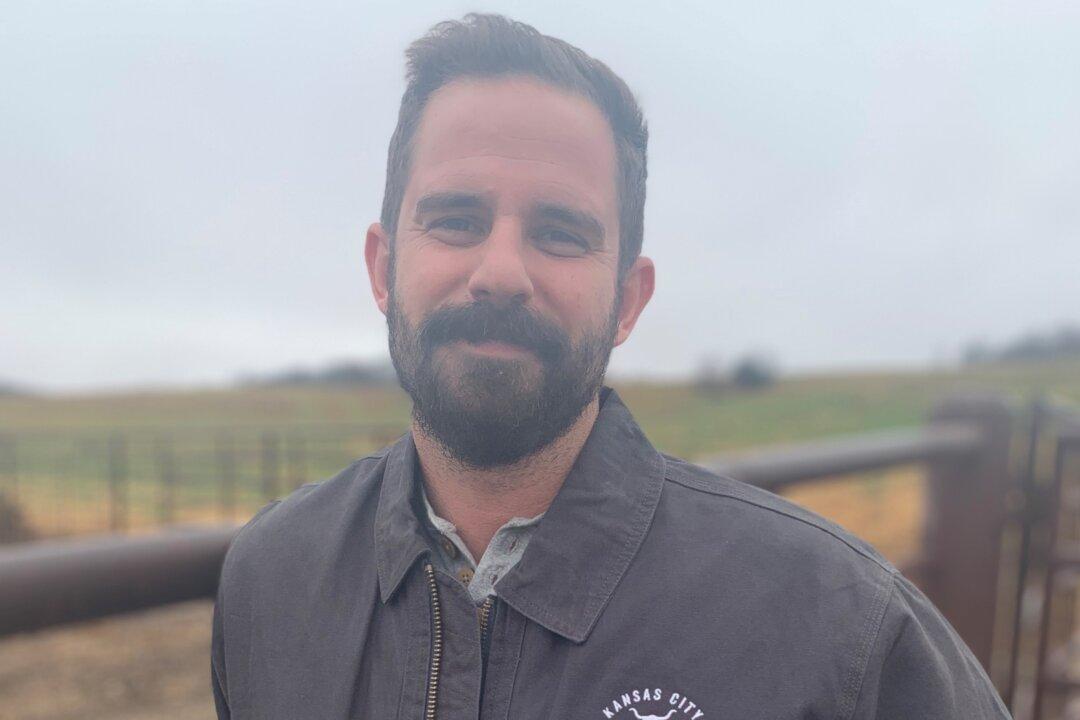Paralympians are some of the world’s most competitive athletes, and there are many popular events, including skiing and basketball. However, one Paralympic sport has gone largely unnoticed despite the intensity and difficulty of the game.
Goalball is a Paralympic sport designed for the blind and visually impaired. Originally, the sport was developed to help in the physical rehabilitation of World War II veterans who had lost their sight.






